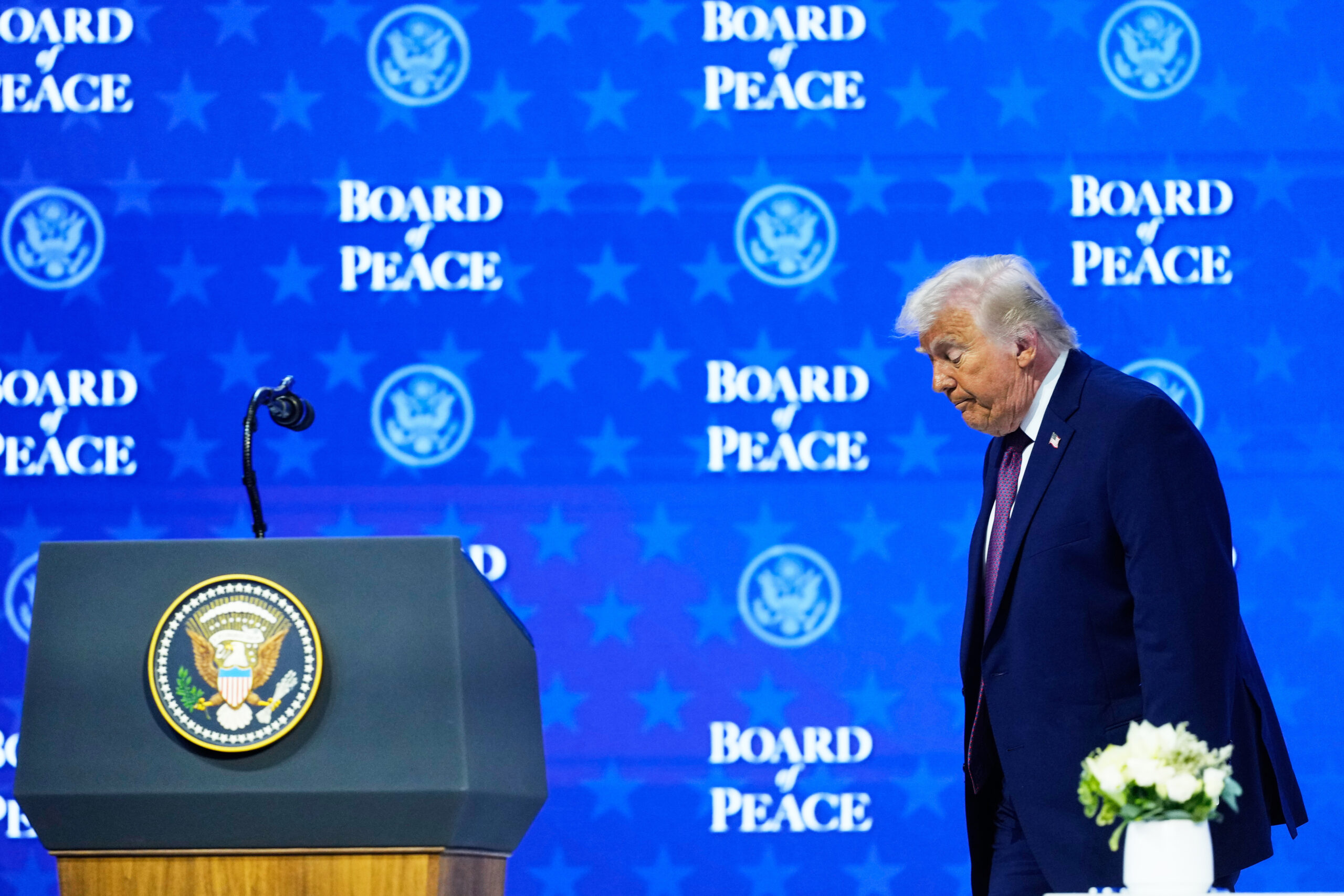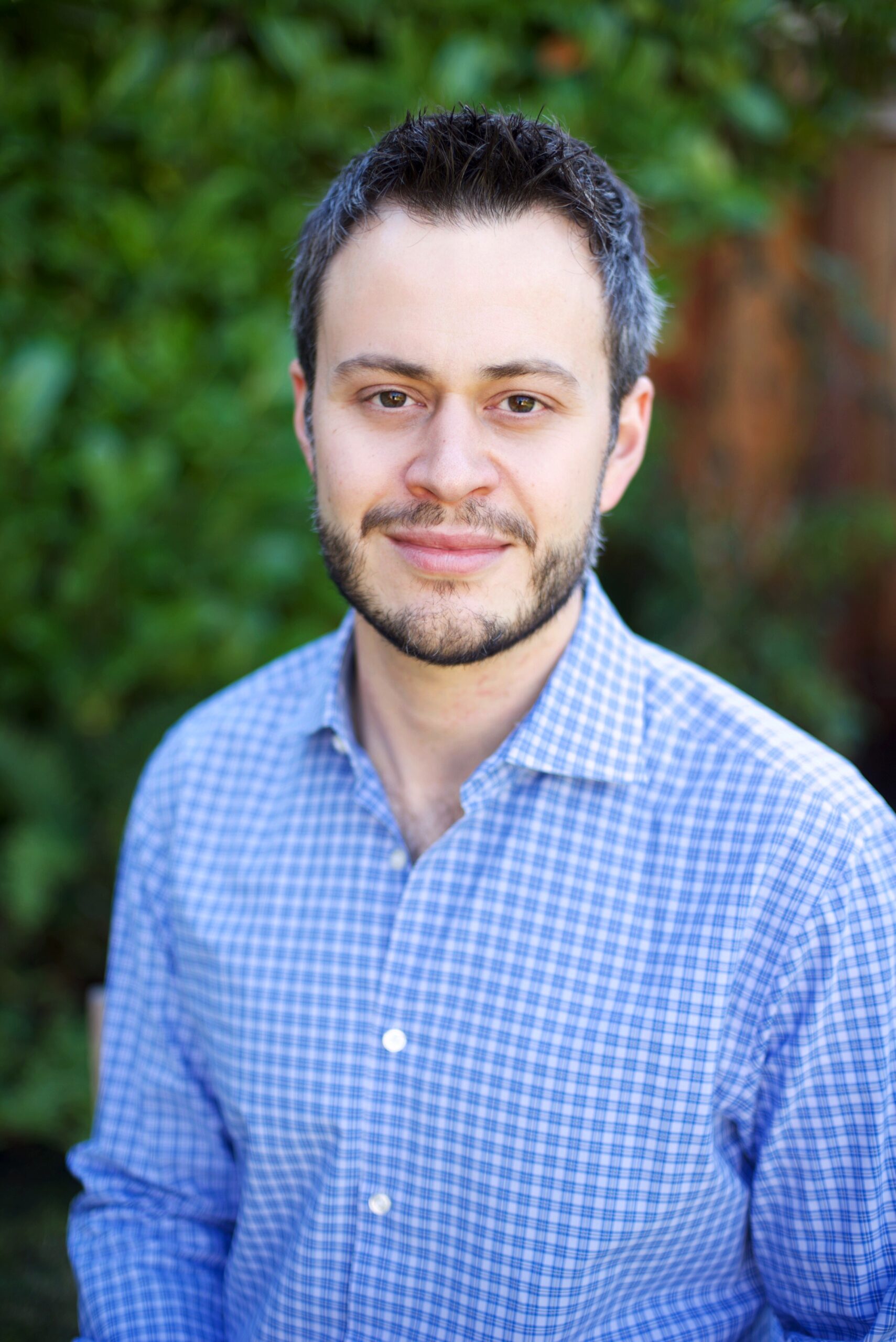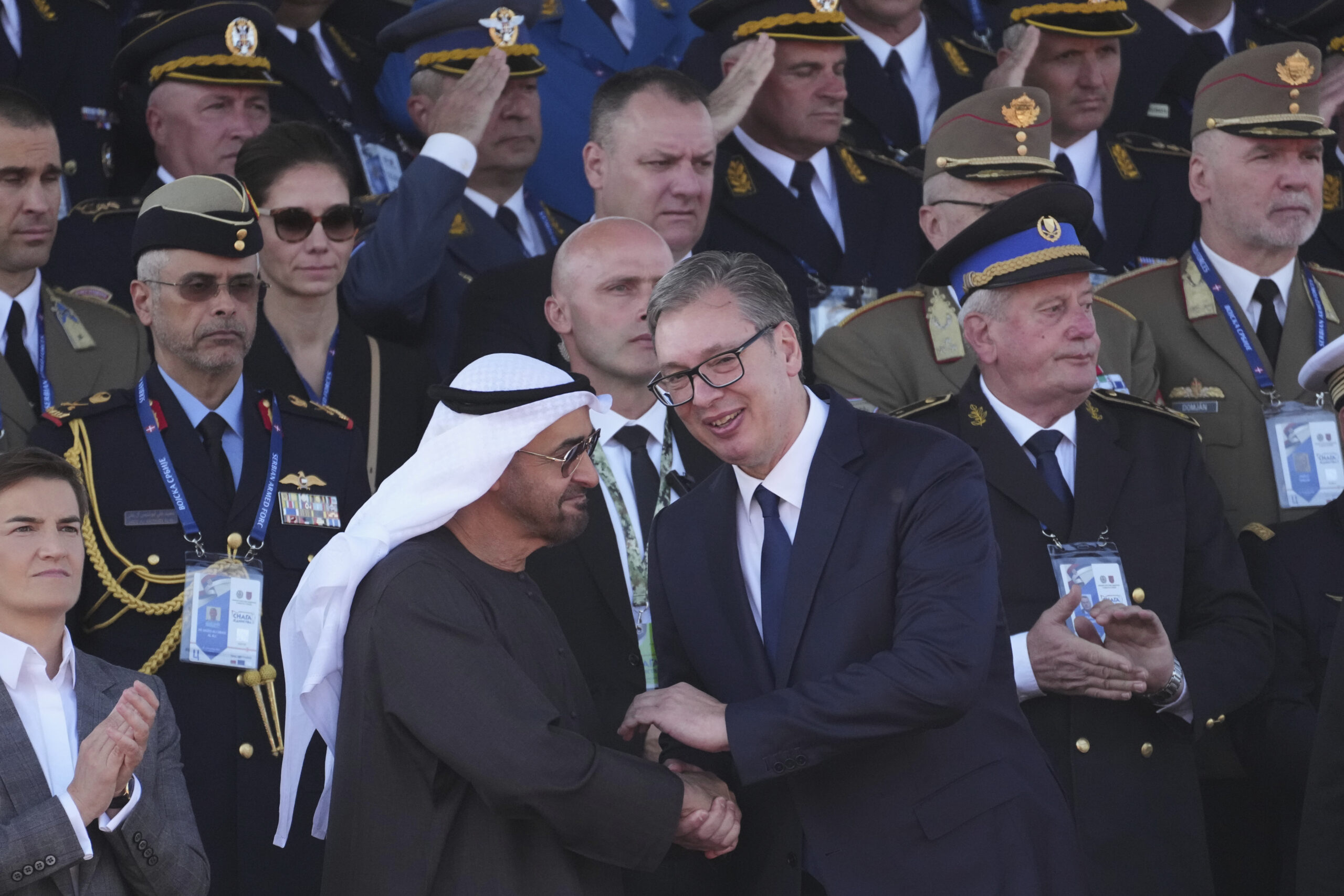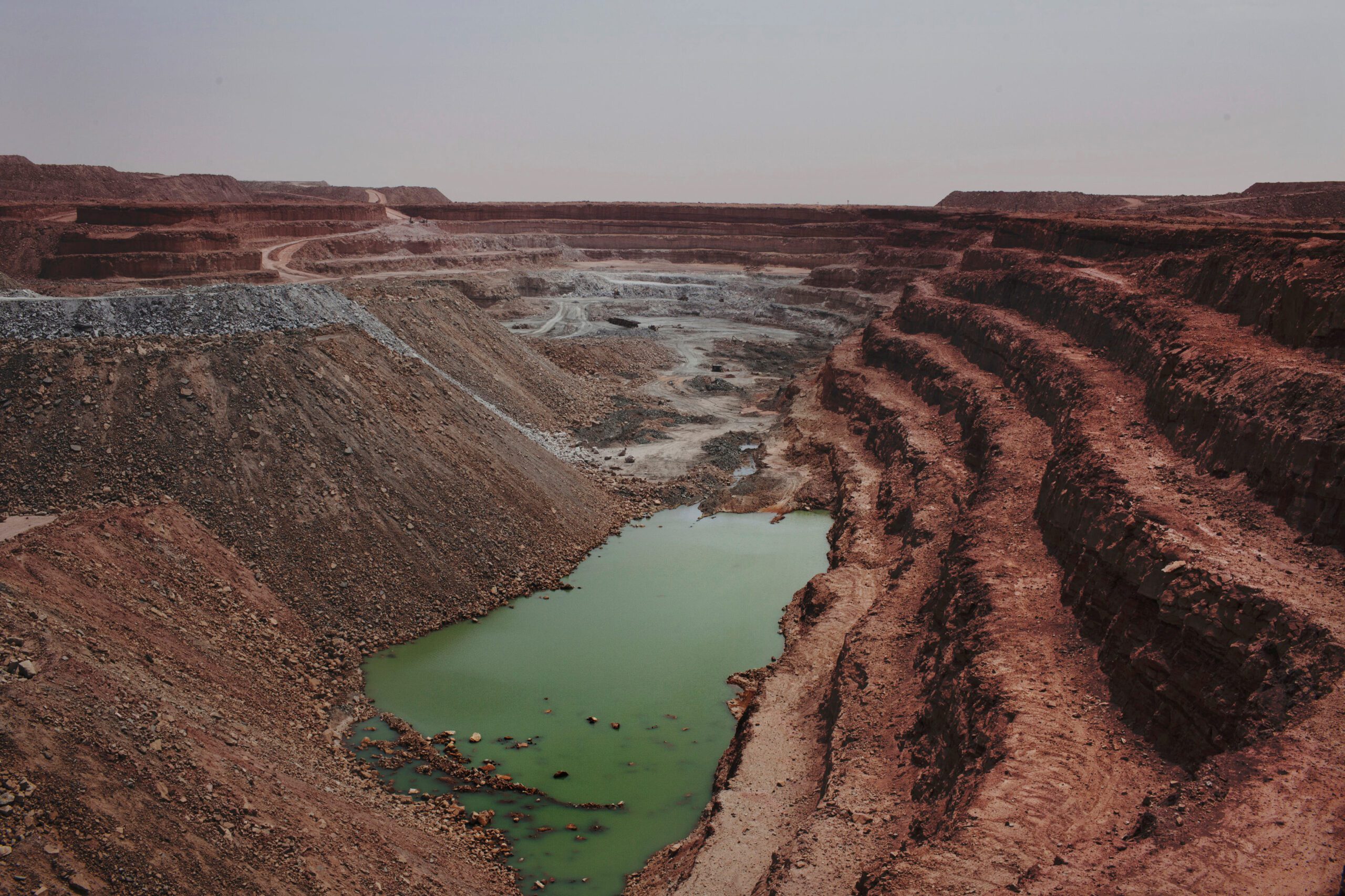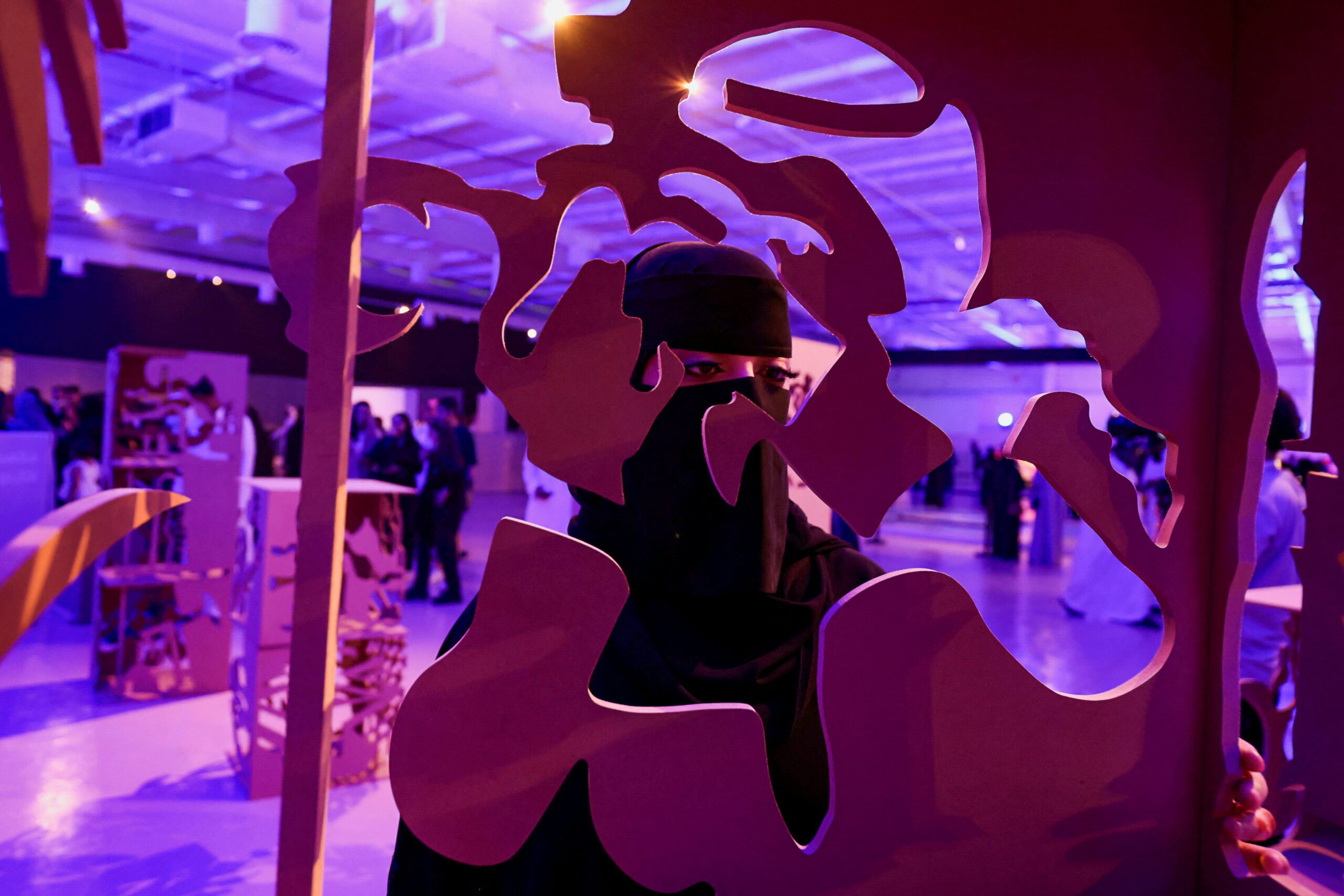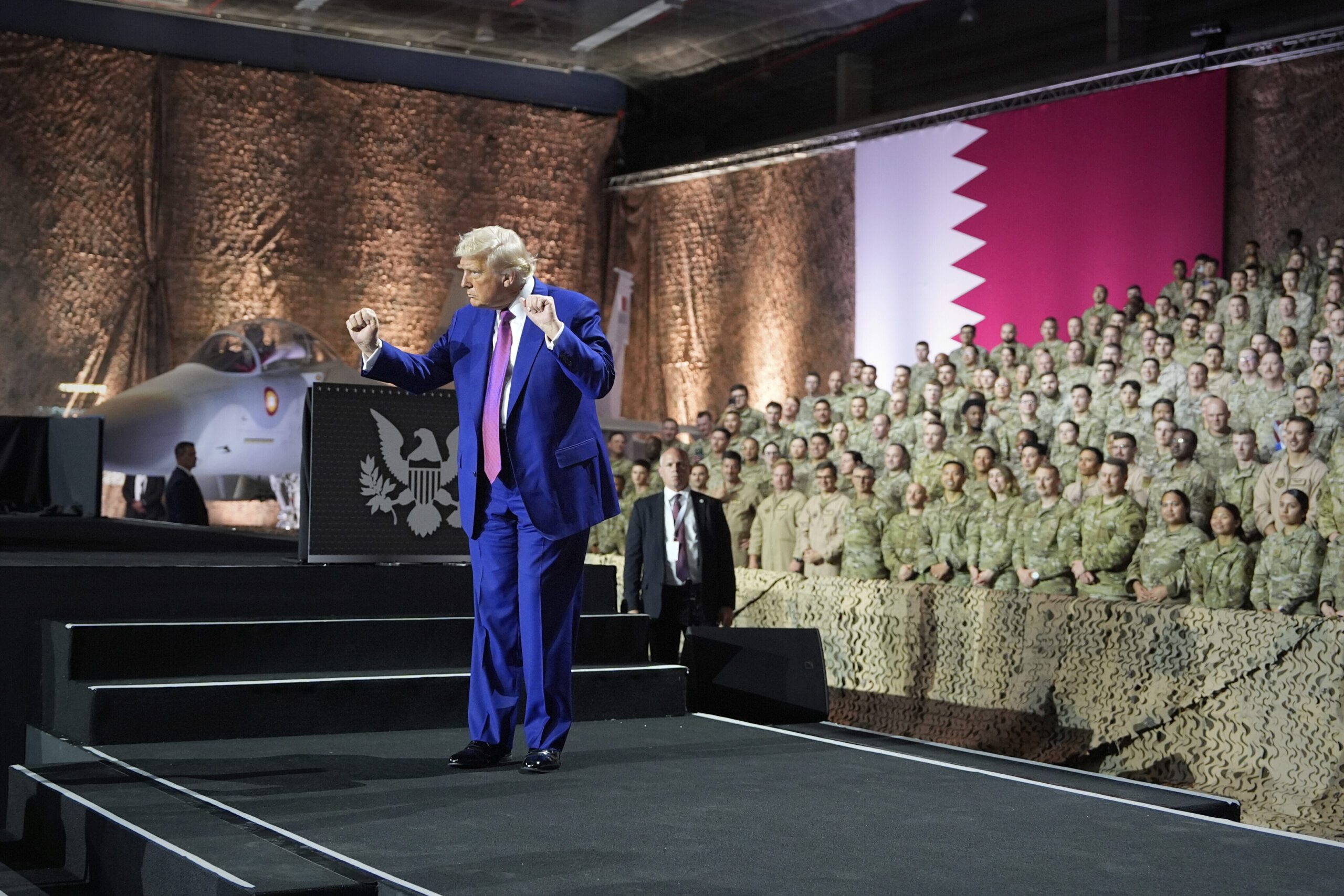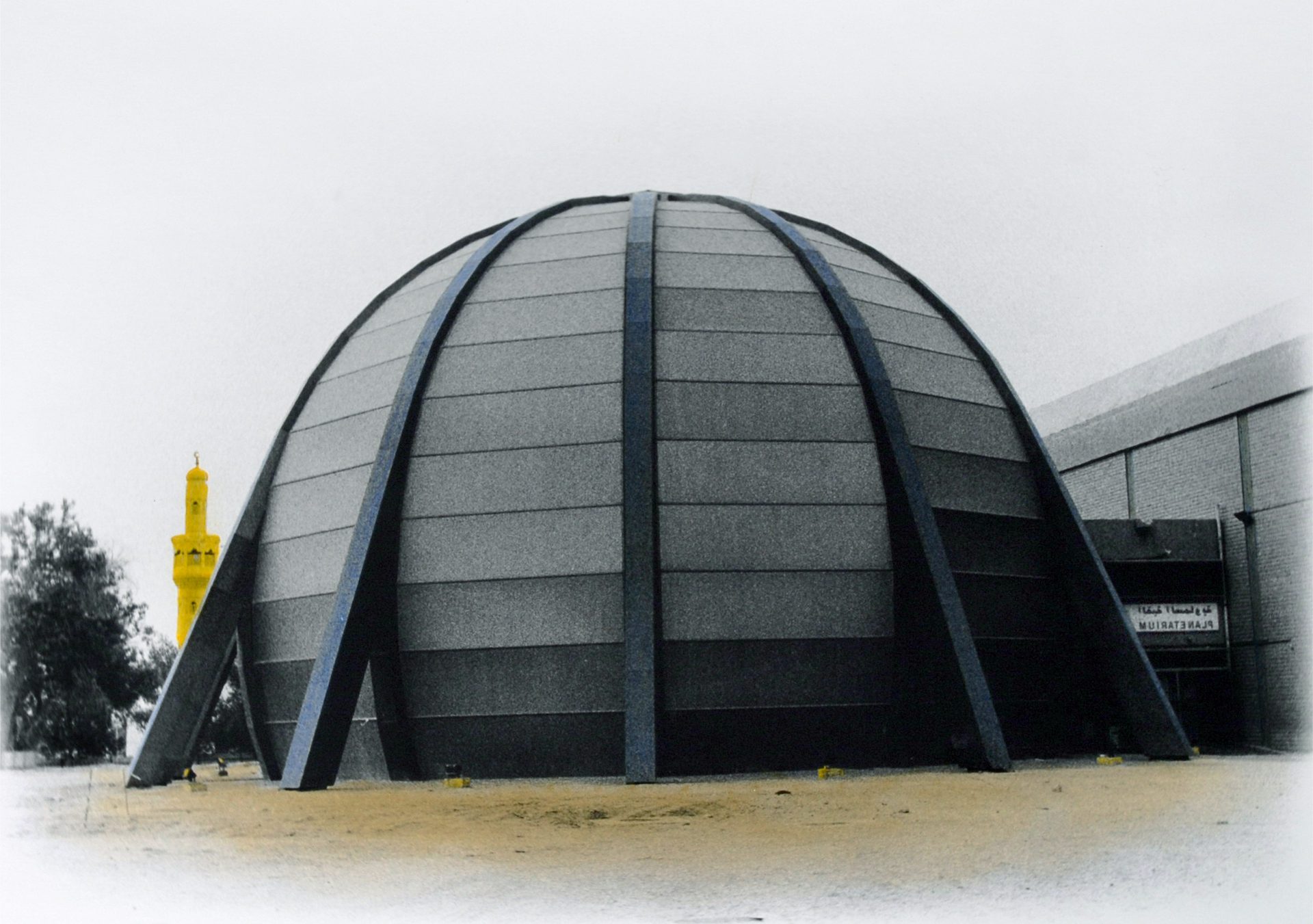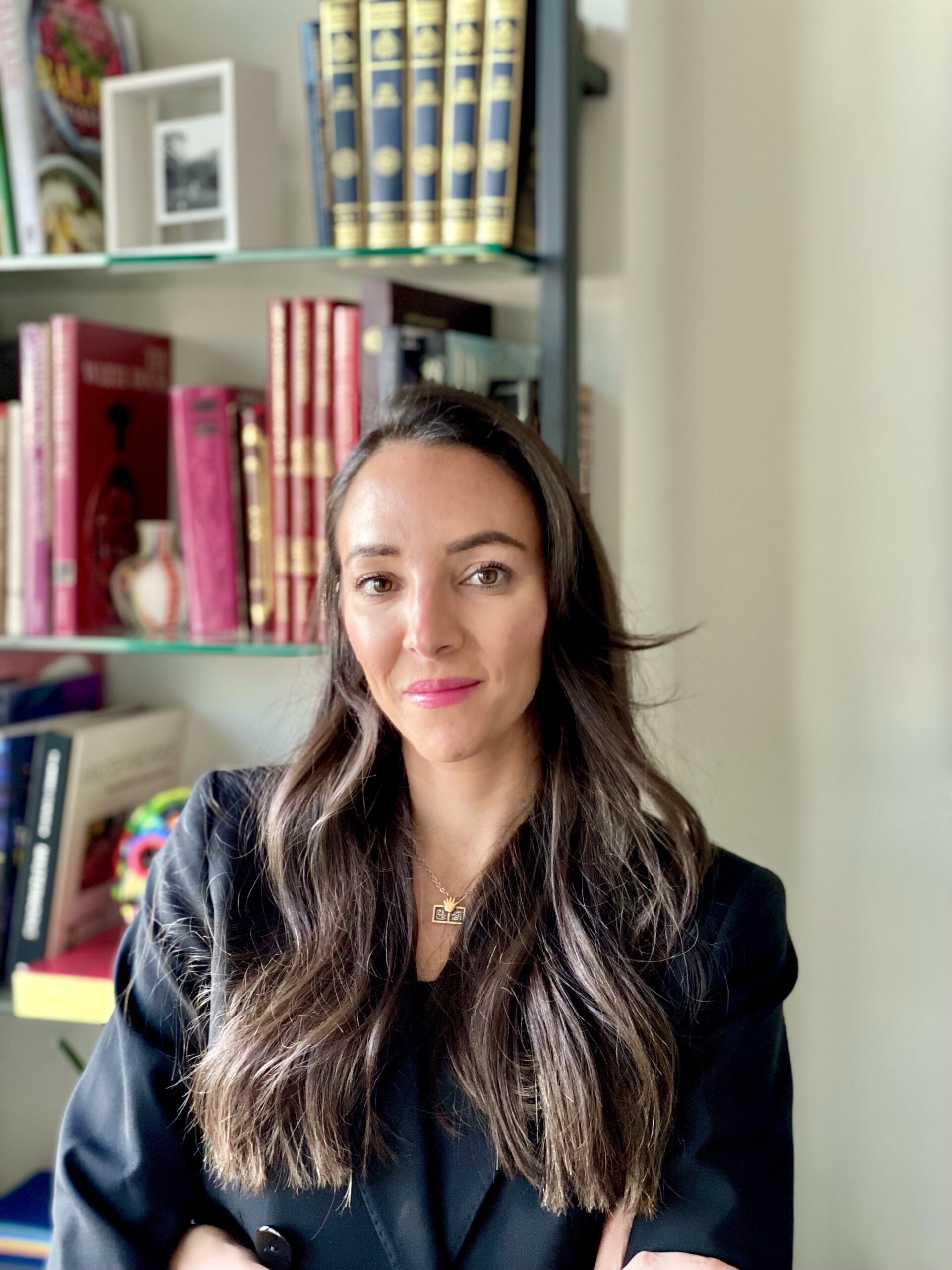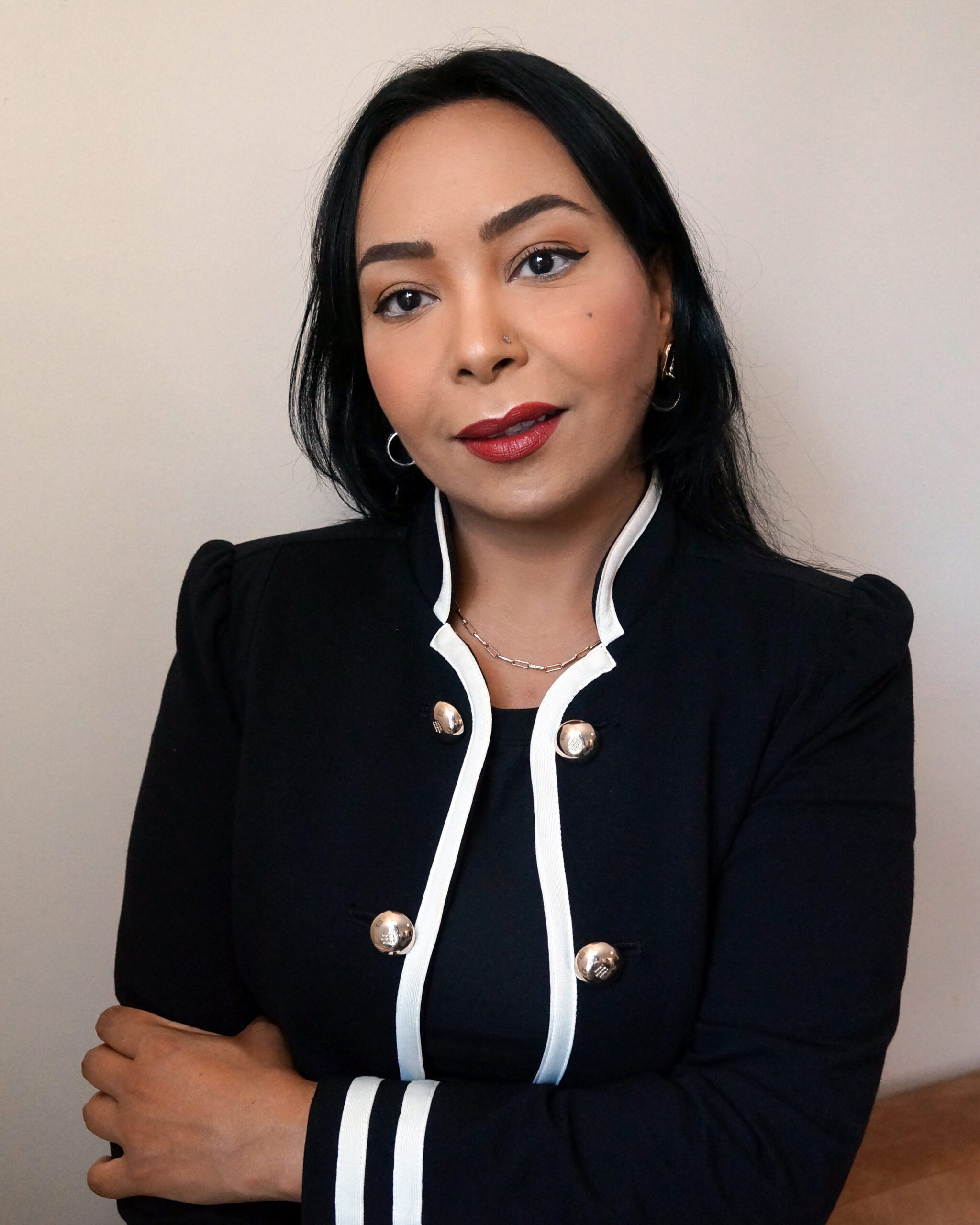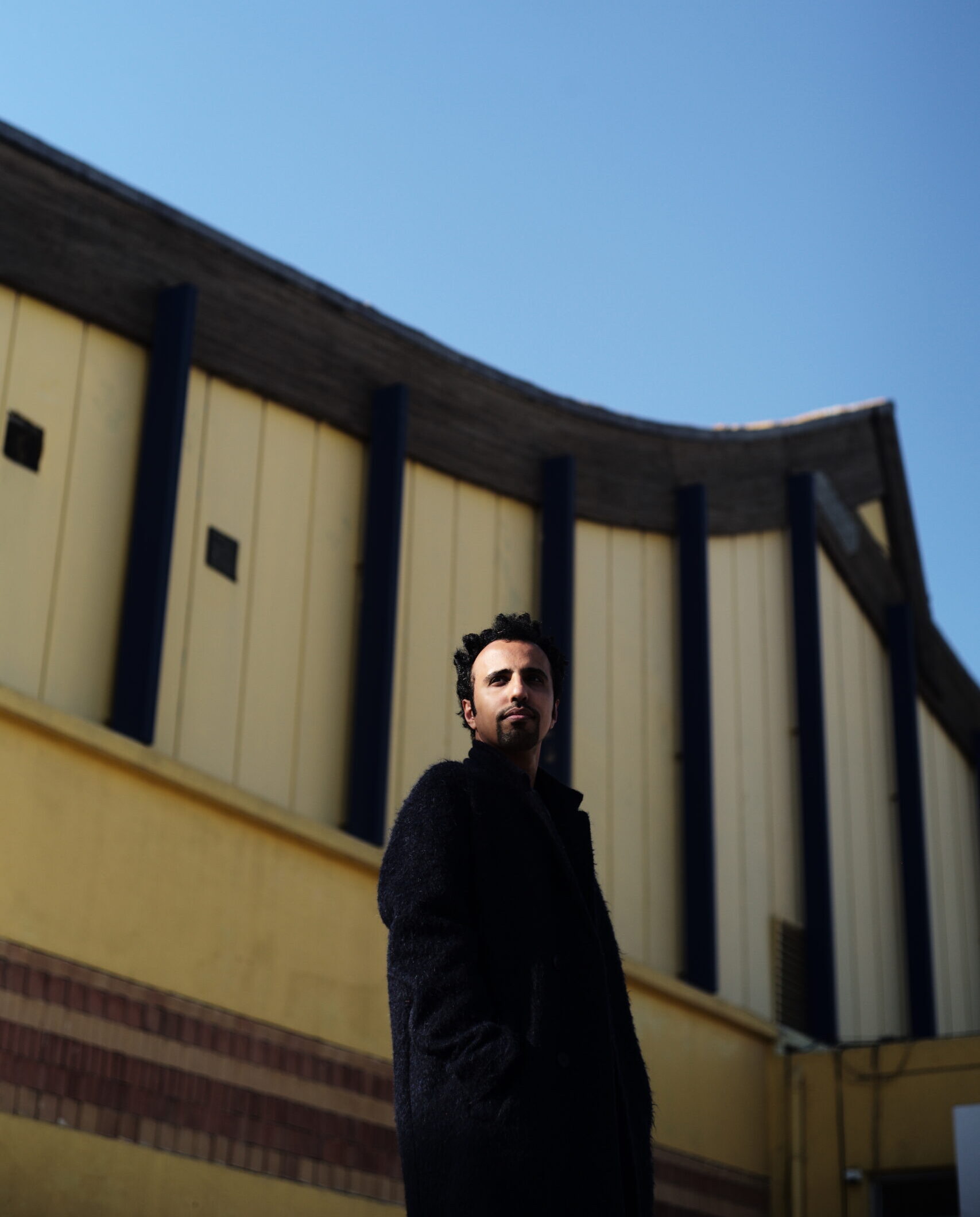Jerusalem Declaration Unites – and Divides – the Gulf
The decision by U.S. President Donald J. Trump to formally recognize Jerusalem as the capital of Israel elicited universal condemnation from Gulf Arab states. Governments and peoples united in finding the announcement provocative, illegal, and unjust. Still concrete action was difficult to divine in the official announcements, and unity of purpose frayed in the often...
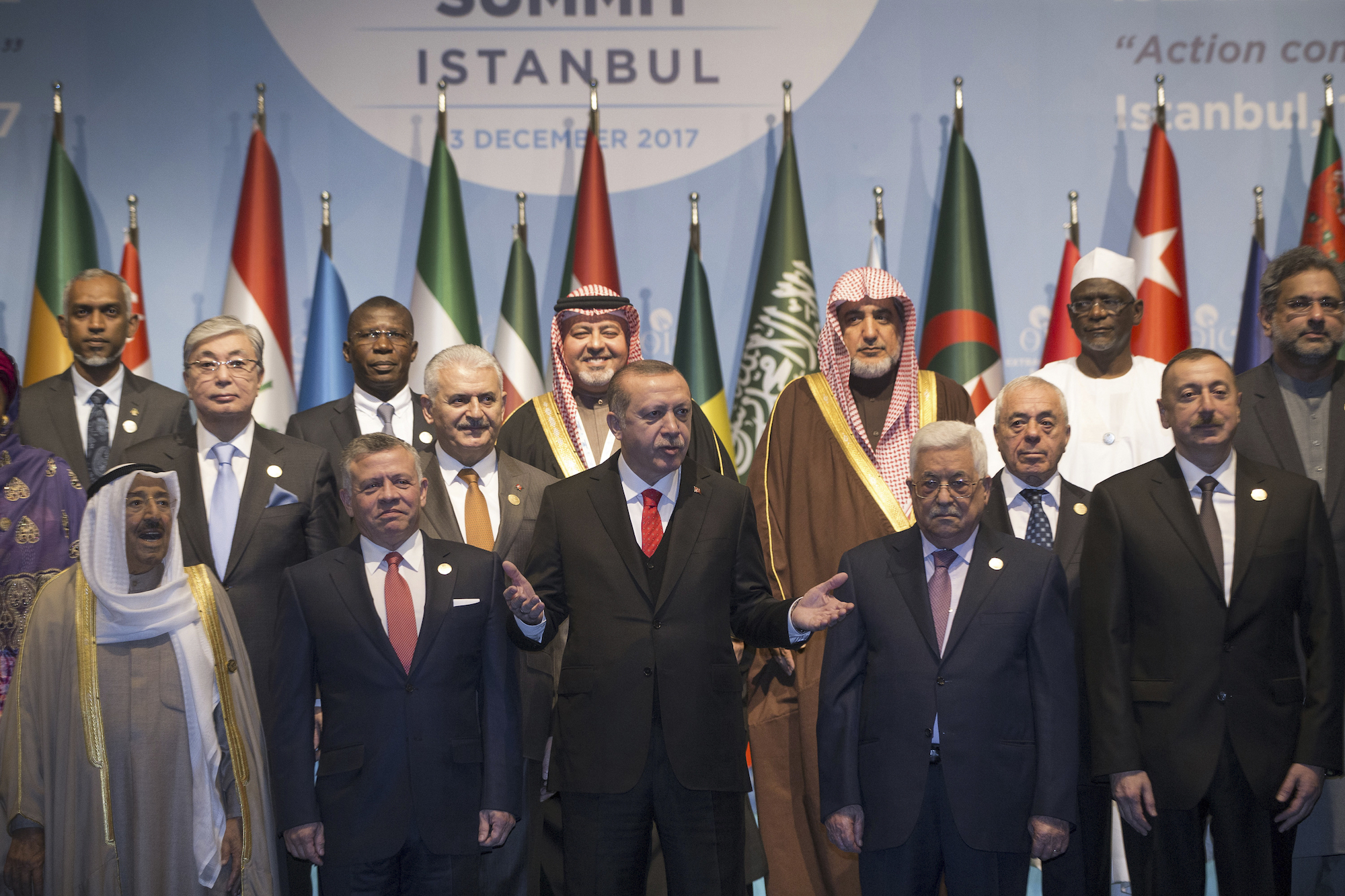
The decision by U.S. President Donald J. Trump to formally recognize Jerusalem as the capital of Israel elicited universal condemnation from Gulf Arab states. Governments and peoples united in finding the announcement provocative, illegal, and unjust. Still concrete action was difficult to divine in the official announcements, and unity of purpose frayed in the often divisive public discussion that ensued. Saudi Arabia has come under criticism for its warm relations with Trump and perceived rapprochement, especially in security cooperation, with Israel. State censure of the U.S. action has been eclipsed in public debate by censure of fellow Gulf state Qatar and regional rivals Turkey and Iran. Meanwhile, popular frustration has been restricted to Twitter hashtags and campaigns, as Gulf governments – with the lone exception of Kuwait – appear determined to dominate the public narrative in this sensitive matter.
Gulf States Unite in Formal Condemnation
Gulf states wasted little time in denouncing Trump’s decision to unilaterally elevate Israel’s claim to a city revered by Muslims and sought by Palestinians as a future capital of their independent state. While Saudi Arabia issued a statement through the royal court, Kuwait, the United Arab Emirates, and Oman all issued formal statements through their ministries of foreign affairs, with Qatar providing a readout of the conversation between the Qatari emir and the U.S. president. Bahrain’s Minister of Foreign Affairs Khalid bin Ahmed al-Khalifa addressed the issue at the plenary session of the annual Manama Dialogue, accompanied by the UAE Minister of State for Foreign Affairs Anwar Mohammed Gargash.
Collectively, the statements characterized the move as an infringement on the rights of Palestinians as affirmed by international law, harmful to the peace process and the U.S. role in leading it, and helpful to extremists seeking to undermine the stability of the region. Many of the statements alluded to the fact that leaders had counseled Trump against taking such action and urged the U.S. administration to reverse the decision. These condemnations were echoed in a December 10 emergency meeting of the Arab League, which all of the Gulf states attended.
While condemnation was universal, concrete steps have yet to emerge to counter the U.S. recognition beyond taking the issue to the United Nations Security Council, which unanimously (with the exception of the United States) condemned it. Key Gulf participants, including Saudi Arabia, said they would send representatives at the ministerial level to the Jerusalem summit of the Organization of Islamic Cooperation in Istanbul, leading Turkish Foreign Minister Mevlut Cavusoglu to chide Arab states for their “weak responses.” No punitive measures against the United States have been taken or threatened. And apart from a statement by Abu Dhabi’s crown prince and de facto ruler of the UAE, Mohammed bin Zayed al-Nahyan, speaking before a visiting delegation, rulers of Gulf countries have not made public remarks addressing the decision.
Saudi Defensiveness
Saudi Arabia came under particular scrutiny in the aftermath of the announcement due to the warm relations its leaders enjoy with Trump and expectations for the Custodian of the Two Holy Mosques to play a leadership role within the Islamic community. Uncertainty over Saudi Arabia’s commitment to Palestine has been growing as the kingdom has signaled a willingness to undertake greater security coordination with Israel as both countries look to more aggressively counter Iran. Allegations that Saudi leaders pressured Palestinian Authority President Mahmoud Abbas to get behind a U.S.-led peace plan requiring concessions unacceptable to the Palestinian public brought these suspicions into the open. Meanwhile, the ill-timed visit of a Bahraini interfaith delegation to Israel at this sensitive time fueled public fury at Gulf states and their tentative outreach to Israel.
The Saudi strategic shift has been accompanied by a subtle alteration in Saudi media coverage of Israel, leaving many Saudis wondering if the public is being prepared for greater normalization with the Jewish state. Examples include an unprecedented interview in the Saudi Elaph newspaper with the Israeli military chief, Lt. Gen. Gadi Eisenkot; public criticism of the Palestinians by the controversial liberal commentator Turki al-Hamad; and support for normalization from the writer and media host Ahmed al-Arfaj.
The Saudi government and public, then, has been in a defensive mode, pushing back against its critics on social media with hashtags, infographics, and counterattacks. Taking to social media, Saudis openly registered support for the Palestinians with Twitter hashtags such as القدس_في_قلب_كل_سعودي# (#JerusalemisintheheartsofallSaudis); videos of the late King Faisal, known for his strong support of Palestine; and images of Saudi soldiers who fought to defend Palestine in 1948. After a few days, the Saudi Ministry of Foreign Affairs responded with well-produced infographics explaining the Saudi position against U.S. recognition of Jerusalem as capital of Israel, and listing its negative consequences.
Saudi journalists and social media influencers shot back at their detractors. The Saudi-Qatari dispute intensified on social media as Saudis reminded their followers that, unlike Qatar, the kingdom had not opened its borders to Israeli intelligence or tourists, signed military agreements, or maintained a former Knesset member as chief advisor. Others took aim at Turkey and President Recep Tayyip Erdogan, calling on him to end relations with Israel before criticizing Saudi Arabia. The mutual recrimination threatened to turn the Gulf public discussion from an expression of solidarity with Palestinians, to an apportionment of blame.
Public Demonstrations
Apart from online media campaigns and television talk shows, Gulf public expressions of anger at the United States and rejection of the Jerusalem declaration were difficult to find. Traditionally, Gulf monarchies prefer to restrict foreign policy discussions to an elite level. While populism has been gaining force in the region, it is clear that Gulf governments want to be the sole voice on the sensitive issue of Jerusalem and are determined to prevent others from capitalizing on the issue politically. In Saudi Arabia, Friday prayers after the pronouncement were benign in content and not centered on Jerusalem. Prominent televangelists active on social media did not even mention the issue. Both omissions drew notice from detractors.
The moment also served to illustrate the ground lost by Gulf publics in freedom of expression and assembly since the Arab Spring. An MBC reporter critical of the muted Saudi public reaction was fired over a dismissive tweet. An Emirati intellectual hoping to be granted permission from the authorities to hold a peaceful march later wrote back on Twitter: “The Arab political and security situation does not allow for peaceful marches against the resolution to move the American embassy to Jerusalem. Therefore, the least required is broad popular mobilization on social media … ” The one exception was in Kuwait, where political societies were granted permission to hold a collective demonstration, attended by leftists and Islamists, Sunnis and Shias. The organizers held the protest in front of the Parliament, after authorities forbade holding the protest in front of the U.S. Embassy.
An Unwelcome Affront
Trump’s decision to recognize Jerusalem as Israel’s capital was unwelcome within the Gulf Arab states, and ill-timed. Several of the Gulf states are exploring ways to informally cooperate with Israel to confront Iran. They are also eager to cooperate on peace initiatives to deny Islamist competitors and jihadists the rallying cry of the Palestinian cause. Trump’s announcement impedes both efforts. At the same time, Gulf divisions exacerbate these dilemmas, accentuating faults and narrowing the space for reasoned discussion. While Gulf governments and publics may be unified in their disdain for this unilateral decision, they cannot speak with one voice, much less act.
The views represented herein are the author's or speaker's own and do not necessarily reflect the views of AGSI, its staff, or its board of directors.


